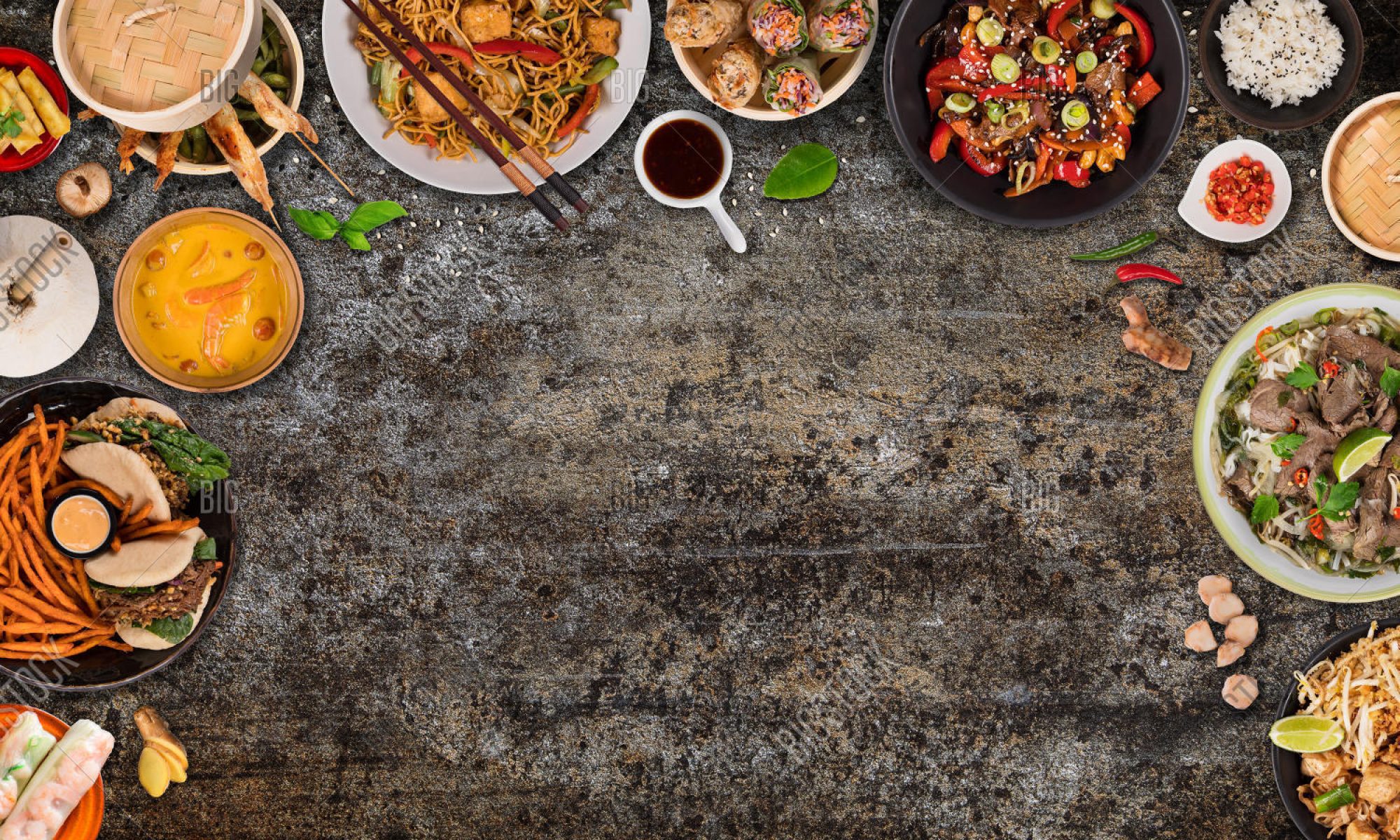When I think of food my thoughts instinctively think- “what’s for dinner?” or what restaurant I am going to with friends/family, down to what snack I am currently craving. The simplicity of these thoughts reflect how easily accessible food is in the societies we live in, and how the term “food” doesn’t seem to have much tangible meaning at first thought. However, these conversations about food introduce the idea that food is not as simple as it sounds: the term has developed into a social tool, economic industry, and cultural identity. What I would have initially considered a straightforward concept, spirals into an interconnected web that expands globally.
Belasco’s article “Why study food”, highlights the influence that food takes on in many forms. He states how the cultivation of food shapes the landscape and the consumption of food influences culture(1). An obvious example of how food majorly shapes the landscape in current society is the deforestation that occurs in the Amazon rainforest in order to create an open space ready for animal or crop production. This is a result of mass consumption, deforestation has been an ongoing problem since globalism has facilitated the transportation of food around the world. In addition, this “renovation” on native lands has also affected the indigenous communities that reside in the Amazon rainforest. On a more positive note, the food influence on culture has brought communities across the global by sharing only food itself, but also techniques, methods and recipes. This relationship has been facilitated by the sharing of knowledge on the internet, and social media and has contributed to development of every culture around the world. An example of this is fusion cuisine, where foods from different cultures are mashed together to create a new product and a new experience.
These are concepts that we learn about in school and we read about in articles such as these, but reading this considered me to reflect how food has shaped, and continues to shape the society around me. Historically, food has been the fundamental purpose for the development of civilization. What started out as a hunter-gatherer technique motivated by food as a “major anxiety” (2), transformed into a complex system that fuels how society runs today. And thanks to globalism as well, food has become more available and various methods on how to manipulate it have also been shared and passed on across borders.
